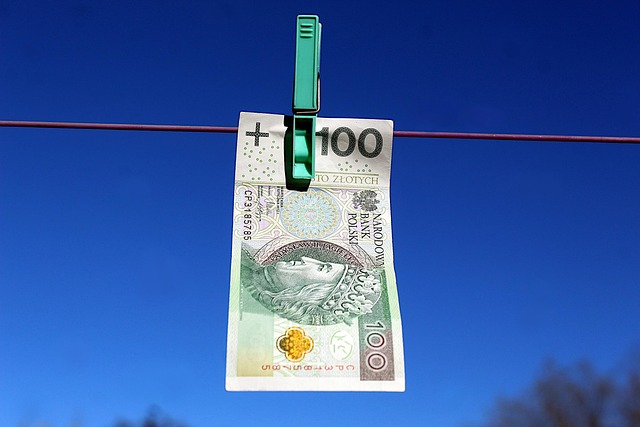The car title loan grace period offers a reprieve for borrowers to repay without penalties but, upon conclusion, timely repayment is crucial to avoid late fees, interest, repossession, and negative credit impacts. Borrowers can choose to repay in full, renew the loan, or explore refinancing options based on their vehicle's value.
After a car title loan grace period ends, several outcomes can occur. This article delves into three crucial aspects: understanding when the grace period expires, exploring the consequences of non-payment, and uncovering options for renewing or repaying the loan. By examining these key points, borrowers can navigate the complexities of car title loans effectively, ensuring they make informed decisions to avoid potential pitfalls.
- Understanding the End of Grace Period
- Consequences of Non-Payment
- Options for Loan Renewal or Repayment
Understanding the End of Grace Period

When you take out a car title loan, one of the key aspects to understand is the grace period – a designated time during which you can repay the loan without incurring additional fees or penalties. This period acts as a safety net, allowing borrowers to regroup and make arrangements for repayment if needed. However, understanding what happens when this grace period ends is crucial.
At the conclusion of the car title loan grace period, several things come into play. Lenders typically initiate contact with borrowers, reminding them of the outstanding balance and the need to bring the loan current. If the borrower fails to repay the loan within this extended timeframe, it can result in repossession of the vehicle. This is a serious consequence, as it not only affects your credit score but also means losing your transportation. To avoid this, borrowers are encouraged to fill out an online application for refinancing or quick funding options, which may offer more flexible repayment terms based on the current value of their vehicle during the Vehicle Valuation process.
Consequences of Non-Payment

When a car title loan grace period ends, failure to make the required payment on time can lead to severe consequences. Lenders typically allow this initial window to ensure borrowers have breathing room, but non-payment during this period results in delinquency. The lender will then initiate collection efforts, which often include contacting the borrower to discuss repayment options or arrange a new payment plan. However, if the situation remains unresolved, the next steps can be more detrimental.
The consequences may include additional fees and charges, such as late payment penalties, interest accrual on the outstanding balance, and potential repossession of the vehicle. Repossession occurs when the lender takes physical possession of the vehicle to recover the loan. This not only ends any further use of the car as collateral but also significantly impacts credit scores, making it harder to secure future loans or financial aid. It’s crucial for borrowers to be mindful of these repercussions and plan their repayments accordingly, especially considering options like emergency funding, debt consolidation, or refinancing to manage their vehicle equity effectively.
Options for Loan Renewal or Repayment

After a car title loan grace period ends, borrowers face critical decisions regarding their outstanding balance. One option is to repay the loan in full during this time, eliminating any additional fees or penalties. This approach is ideal for those who can manage their finances and have the means to settle the debt promptly. Repaying early can also help improve credit scores, as timely payments are a significant factor in building a positive financial history.
For borrowers unable to pay off the loan immediately, renewing the car title loan might be an available option. Renewal typically involves extending the original terms, providing some breathing room to arrange funds for full repayment. This process usually requires submitting a new application and may include updated documentation to demonstrate continued loan eligibility. Fast Cash through direct deposit is often a preferred method during renewals, ensuring borrowers have access to their funds swiftly, allowing them to focus on timely repayment.
When a car title loan grace period ends, it’s crucial to be aware of the potential consequences. If payments aren’t made as agreed, non-payment can lead to various issues like late fees and, in severe cases, repossession of your vehicle. However, there are options available to help you navigate this situation. You may consider renewing the loan or rearranging repayment terms to get back on track. By understanding these outcomes and strategies, you can make informed decisions regarding your car title loan and ensure a smoother process throughout.






